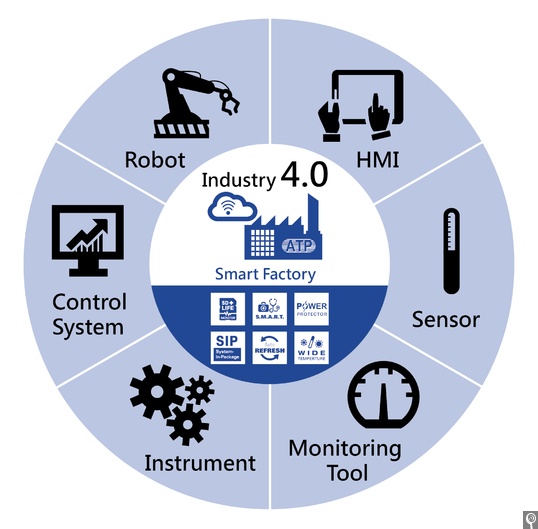Recently I made a lecture at Columbia University, NYC, invited by the Earth Engineering Center Professor Nickolas Themelis and his colleague Adjunct Assistant Professor Athanasios Bourtsalas. I spent almost 2 hours with 35-40 students discussing the future of waste management and recycling as well as some thoughts for the education and the skills required for environmental engineers. You can find my slides, as well as slides and videos from other presentations, at the Wasteless Future Resources (for direct download of the slides go here).
I was fascinated and excited by the plethora of questions and comments made by the students and I felt blessed for having the opportunity to interact with them. The most important thing I learnt: the next generation of engineers is more capable to understand the interconnectivity and the complexity of our world and they are ready to deal with it, although sometimes they lack the whole picture, as most of us do. I learnt a lot from them and I invited them to contribute to my blog with their own views for the future of resource management.
Here are some of the thoughts I shared with them, of course in brief. If you want you can read them going through the slides, so the content will become easier understood.
- The 4th Industrial Revolution opens new unthinkable opportunities for a better planet for all of us, for a Wasteless Future. It also brings new unimaginable social and environmental threats, if we will not be able to change the Business as Usual way of thinking.
- This new generation of environmental engineers will live the transformation of our lives by Artificial Intelligence, Robotics and DNA Engineering. They must raise the ambition for themselves. They have the potential to deliver a positive social and environmental footprint, to change what up to now seems unchangeable. Yes, they can! But they need to build their social understanding too, they need to go beyond the typical technocratic approaches, they need to be prepared to combine social and technical innovation, top down and bottom up approaches.
- For making this potential a tangible reality, it is important to understand the big picture, to outline systemic views and holistic approaches. The science of the 4th Industrial Revolution requires out-of-the-box concepts, radical innovation and the ability to think beyond the traditional “optimization” pathways that engineers are used to. The example of how the car and music industry are completely redefined shows the way of thinking we need.
- With the fast progress of Artificial Intelligence and its involvement in each and every aspect of our lives, there will be plenty of fit-for-purpose algorithms capable to resolve extremely difficult and complex problems. When there will be so many tools available, then the real crucial task will be to select the right tool. Critical thinking and the ability to make the right questions will become the central core-ability required.
- I feel that for the new engineers, three elementary skills form the basis for any career. A. Ideation – creativity is the skill required to follow and understand changes, to imagine new solutions and adapt your conceptual thinking on them B. Pattern recognition is the skill required to survive in the era of big data systems. The big data systems bring the opportunity to learn everything about anything, but they also involve the risk to be lost, without navigation, in oceans of data C. Communication is the skill required to manage more and more cross-disciplinary teams and problems, the skill required to bridge the gap between individual thinking and collective intelligence.
- Everything will go faster. Project cycles will be shorter, science and knowledge are going to be rapidly evolved, and new scientific paradigms will emerge before we are ready to discuss the results of the previous ones. An endless effort to catch up with the advances and a life-long on-going learning process will be the rule and not the exception, for those who want to stay in their professions.
- They have to rethink, remake, re-engineer and reboot without the stereotypes of “mainstream” approaches, no matter how popular or trendy those stereotypes are. They have to prefer to deal with the difficult but useful rather than with the popular and “sexy” problems.
- Last but not least, life, business and education have to be adapted to the era of interconnectivity. Our daily continuous interaction with the digital world does not simply change our relationships with the reality. It creates a new augmented reality, and this it changes who we are, how we learn and live, how we feel and what stimulates us. We need a new learning environment, and maybe the idea of the Self Organizing Learning Environments shows the way we need to go.







